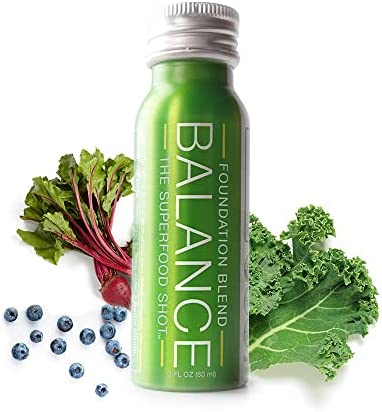
Eating a variety of fruits and vegetables is good for your health. Choosing organic options can help reduce your exposure to pesticides and other chemicals.
Organically produced foods tend to contain more vitamins, minerals and enzymes than conventionally grown produce. Additionally, they may have more antioxidant activity.
How do organic fruits and vegetables benefit my health?
Many people believe that organic fruits and vegetables benefit your health in several ways, including reduced exposure to pesticide residues. Some studies also show that people who regularly consume organic foods have lower rates of obesity, diabetes and cancer.
The USDA certification labeling system requires that organic produce be grown without the use of most chemical pesticides, fertilizers and herbicides. And it prohibits the genetic modification of crops and seeds.
Some research has also shown that organically grown foods have higher levels of antioxidants and other nutrients than their conventional counterparts. This is why it is important to buy organic fruits and vegetables as often as possible.
If you’re concerned about pesticide exposure, look for the Environmental Working Group’s Dirty Dozen list to identify which fruits and vegetables are most contaminated with pesticides. Some common foods that have high levels of pesticides include cherries, grapes, spinach, strawberries and apples.
What are some specific nutrients and health benefits of organic produce?
Organic fruits and vegetables are a good source of many nutrients, including vitamins A, C and E. They also contain antioxidants and flavonoids.
In addition, studies show that organic crops have lower levels of nitrates and pesticide residues. These chemicals are linked to cancer and other health problems.
Choosing all-organic food is an attractive option for people concerned about their health and the environment. Other reasons include a desire to support local farmers and an interest in preserving biodiversity.
However, the question of whether or not to buy all-organic foods is a personal choice. It's also a decision that may not be cost-effective for most families.
Is there a difference between organic and non-organic fruits and vegetables?
Non-organic fruits and vegetables are commonly grown with synthetic pesticides that can have harmful effects on your health. Organic foods are grown without the use of chemical fertilizers, artificial food additives, antibiotics and hormones.
In addition, meat and poultry raised in conventional farms may be fed GMO feeds or given antibiotics and growth hormones. The resulting meats are typically high in toxins and are less nutritious than those raised organically.
If you want to limit your exposure to chemicals, try to buy produce from the EWG’s “Clean 15” list, which includes fruit and veggies that have the least amount of pesticide residue.
The EWG also releases a list called the “Dirty Dozen,” which contains the 12 most contaminated fresh produce items that have the highest levels of pesticides. You can reduce your exposure to pesticides by choosing produce from this list and peeling fruits and vegetables.
Is there a difference between organic and non-organic vegetables?
Organic fruits and vegetables are grown using farming practices that do not use synthetic pesticides, fertilizers or bioengineered genes (GMOs). They also do not use sewage sludge, animal manure or antibiotics.
These practices also encourage water and soil conservation and minimize pollution. Farmers also practice crop rotation and mulching to control weeds without the use of chemical fertilizers.
However, organic foods often cost more than conventional ones because of the extra work involved in growing them. Nevertheless, they are worth the investment.
The Environmental Working Group (EWG) publishes a list of the most pesticide-laden produce each year and recommends that you avoid eating these items as much as possible.
In addition to pesticide residue, conventionally-grown fruits and veggies may contain a higher level of harmful cadmium, a toxic metal, than organically-grown counterparts. And they tend to have lower levels of certain vitamins and antioxidants than organically-grown crops.
Frequently Asked Questions
Are organic foods healthier?
According to the Environmental Working Group, organic vegetables and fruits had half the amount of pesticides as non-organic. Organic strawberries contained four times more pesticides that their conventional counterparts, and organic apples contained eight percent less.
Another study suggests that organic food can reduce exposure to toxic metals such as lead and mercury. For instance, one study showed that children who consumed organic meat had 33% less blood lead levels than children who did not. Another study concluded conventional fish consumption should be stopped by pregnant women because it contains high levels of mercury.
Organic food appears to be more safe than non-organic. Experts recommend eating fresh fruits and veggies whenever possible to reduce the chance of developing cancer.
What is organic beef?
Organic meat is real food grown without pesticides, artificial fertilizers, or hormones. It also means that the animals weren't fed any genetically modified feed. This means that the meat is safe for consumption as there aren’t any harmful chemicals.
Organic meats are good for the environment. Organic foods reduce pollution in rivers, lakes and landfills. Organic farmers don't use harmful chemicals to kill birds and insects, which helps wildlife.
The best way to ensure that you eat healthy organic meats is to buy them locally whenever possible. Buying local helps keep more money circulating within the community rather than going out of state. Local businesses often pass on savings to customers shopping locally. In addition, buying local keeps jobs right here in America instead of sending them overseas.
What are the most loved organic products?
The fastest-growing industry is organic food. We've come far from our roots but there is still room for improvement.
Organic products will be the future. Organic products are safer, more sustainable, and cheaper for consumers.
They also tend to have higher prices. This is why we created the Organic Food Index. We wanted the ability to identify which foods are currently most popular and whether these trends have changed.
These results indicate that organic food is growing in popularity. Between 2011 and 2012 the number of Americans buying organic food increased nearly 50%.
According to the USDA, organic production increased by 10% last year alone. Currently, organic food accounts for 9% in the U.S. agricultural production.
Although organic food is gaining popularity, it appears that consumers still have to pay a premium for it. According to the Organic Trade Association, (OTA), organic food retail prices are nearly twice as expensive than conventional options.
That said, organic food is growing faster than any other segment of the food sector. You'll notice that organic food consumption has increased steadily since 2009.
According to OTA however, the volume in supermarkets of organic products grew by 14% from 2010 to 2011.
This is due to consumer demand for healthier food, which explains why organic foods sales are rising across all age groups.
However, the younger generation is leading the charge in choosing organic food. Millennials are twice likely to choose organic food than the baby boomers. The 25% of organic food purchase made by younger adults below 35 are made up of young adults.
Statistics
- As for organic meat, regulations require that animals be raised in living conditions that accommodate their natural behaviours (like the ability to graze on pasture), fed 100% organic feed and forage, and not administered antibiotics or hormones. (usda.gov)
- When packaged products indicate they are “made with organic [specific ingredient or food group],” they contain at least 70% organically produced ingredients. (usda.gov)
- Nutrients like omega-3 fatty acids were up to 50 percent higher in organic meats and milk than in conventionally raised products.[3] (en.wikipedia.org)
- Brands participating in this challenge are committed to using 100 percent sustainable cotton by 2025.[5] (en.wikipedia.org)
External Links
sciencedirect.com
- The health effects of organic foods and their impact on the human body: A review of the status quo and future prospects of research – ScienceDirect
- Technical note: Simultaneous analysis of vitamin and carotenoid content in milk from cows fed total mixed rations. Xanthophyll detection is possible - ScienceDirect
ecfr.gov
ota.com
ams.usda.gov
How To
Is there anything negative about buying organic products?
Organic food has many benefits. There are however some downsides. There are also higher consumer prices and lower quality standards.
There's nothing wrong with wanting more variety when it comes to groceries. We're conditioned to expect low-quality foods that taste bad. This is why most grocery stores stock identical prepackaged products.
Organic food is becoming more popular today because it provides better nutrition and great tasting food. So how do you convince people it's worth paying a little extra?
But you could still tell them that organic foods are more expensive. Organic food tastes better, but that doesn't make it any less expensive. They might be suspicious of your motives.
It would be better to highlight its benefits. Organic food is more nutritious, has fewer pesticides, and uses fewer antibiotics. It's also grown without synthetic fertilizers, herbicides, so it's better for the environment and us.
Many people turn down organic food simply because it is too costly. They may find that spending just a few dollars per Week is worthwhile if they consider the health benefits.
Organic food tastes better as it's manufactured under strict guidelines that avoid contamination. Organic food retains more vitamins, minerals and antioxidants.
Organic food is also more delicious because it's harvested later in the season. This makes it easier to digest and fresher.
Organic food is generally more affordable because the farmers grow it organically. This requires less labour as well as fertilizer.
Resources:
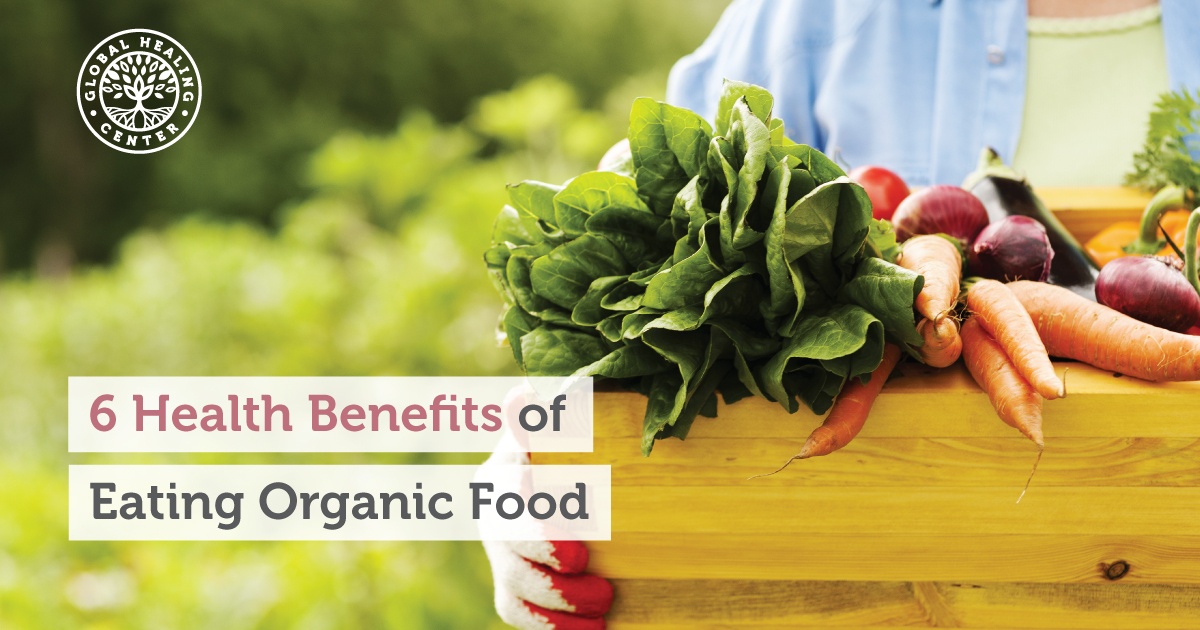 |
Nuts and SeedsNuts and seeds are nutrient-rich crunchy tidbits that add a protein, fiber and healthy fat punch to meals and snacks. They’re also a great source of.. |
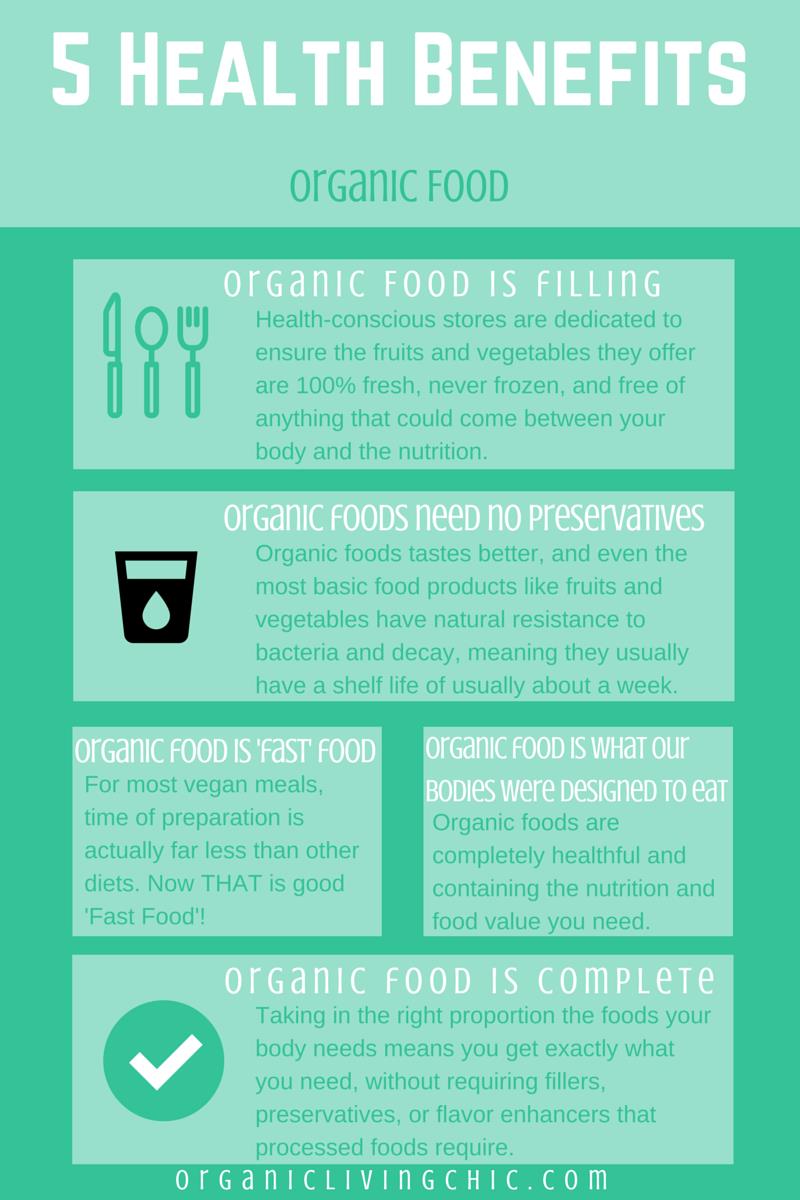 |
Organic Food For A Six Pack? The TRUTH About Organic vs Conventional Foods!Get ripped and keep your strength: http://goo.gl/uLzHn6 Hey guys, it's Clark over at Six Pack Shortcuts and today we're gonna talk about organic vs |
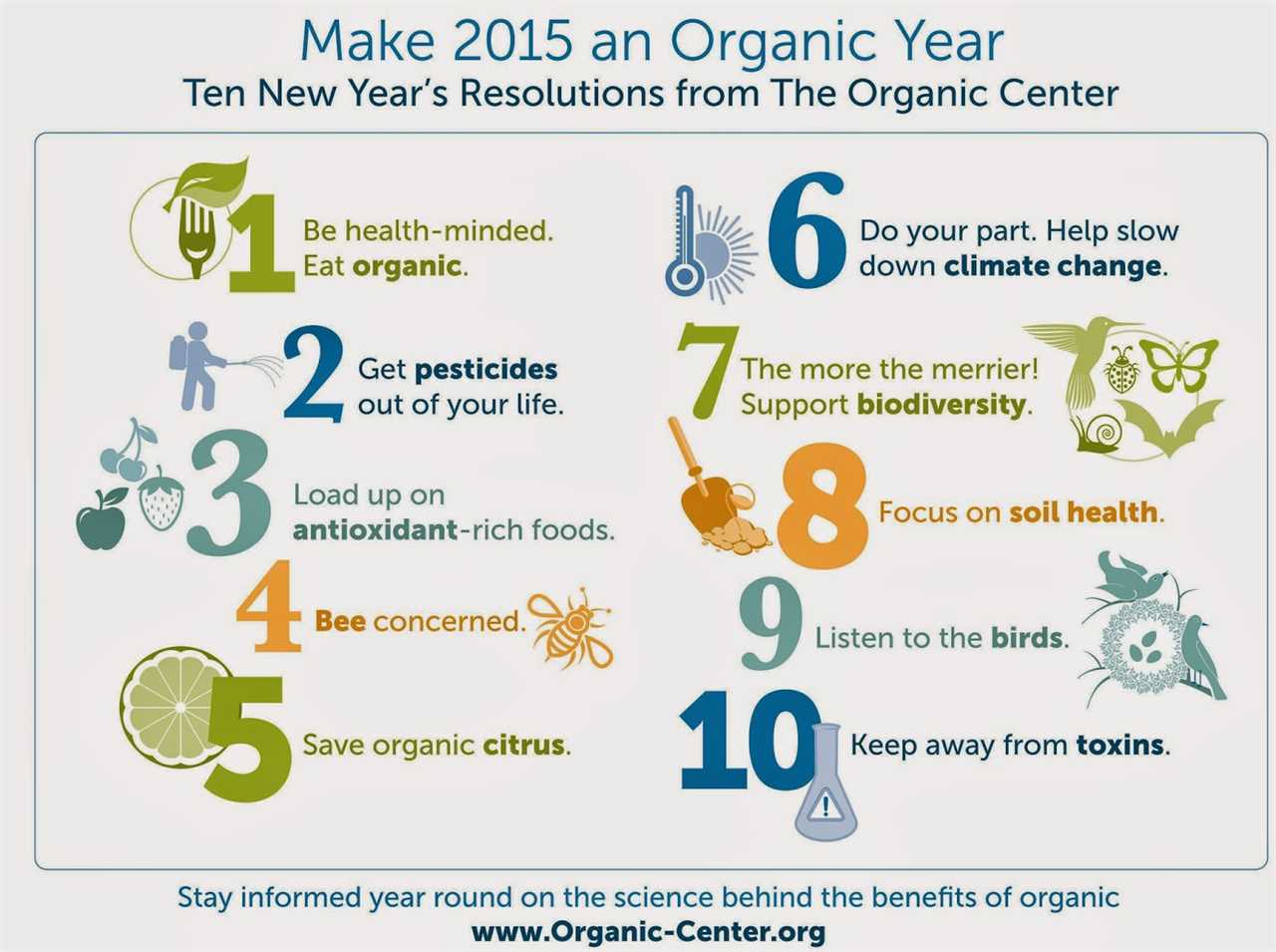 |
Organic vs Conventional Produce - The Dirty Dozen & Clean 15 ExplainedClick https://skl.sh/flavcitywithbobbyparrish to get 2 months of Skillshare for FREE! Here is a full review of the dirty dozen fruits and vegetables and |
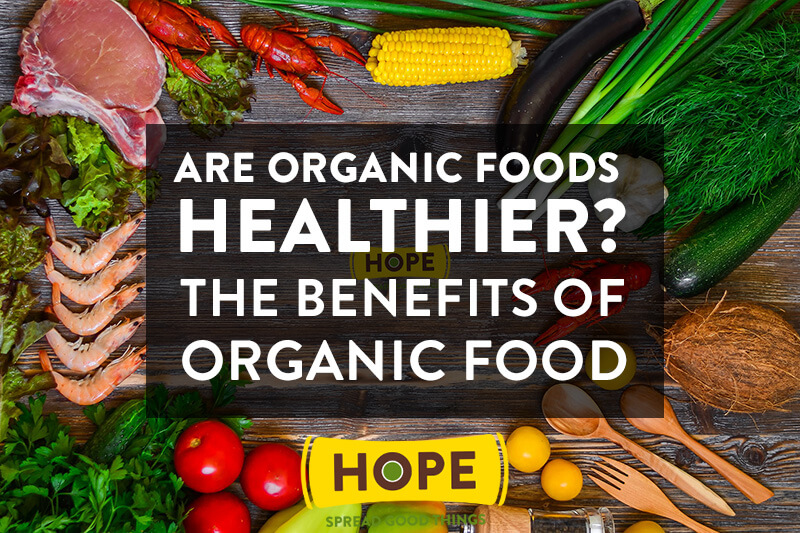 |
Are Organic Foods Really Healthier?It's widely believed that organic foods are more nutritious and safer than non-organic foods, even though the evidence is far from clear. Food certified as |
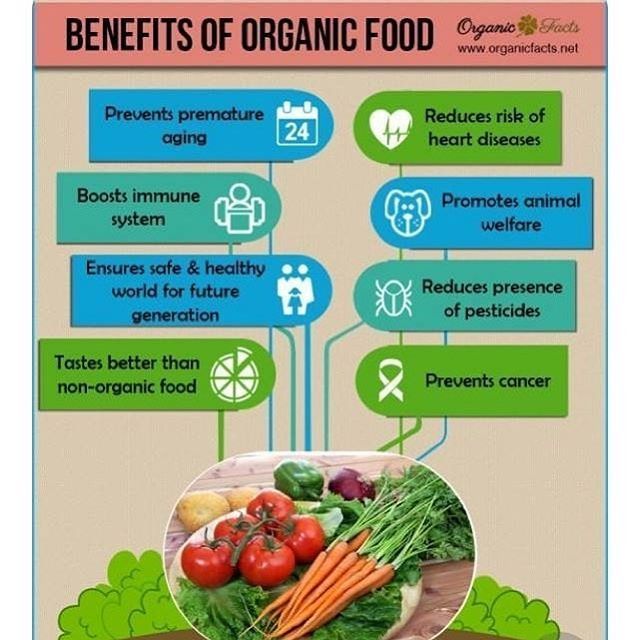 |
Are GMOs Good or Bad? Genetic Engineering & Our FoodAre GMOs bad for your health? Or is this fear unfounded? OUR CHANNELS German Channel: https://kgs.link/youtubeDE Spanish Channel: |
 |
How the food you eat affects your brain - Mia NacamulliView full lesson: http://ed.ted.com/lessons/how-the-food-you-eat-affects-your-brain-mia-nacamulli When it comes to what you bite, che […] |
 |
Is Buying Organic Food Worth The Cost?Subscribe to Goodful: https://bzfd.it/2QApoPk Goodful Goodful Feel better, be better, and do better. Subscribe to Goodful for all your healthy self care |
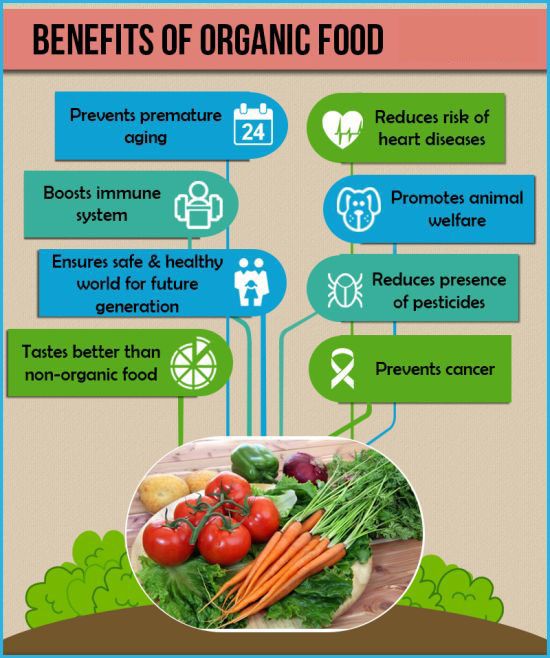 |
Benefits of Choosing Organic Gluten-Free OptionsIf you’ve been diagnosed with gluten sensitivity or celiac disease, you know how hard it can be to avoid foods containing wheat and other grains. But |
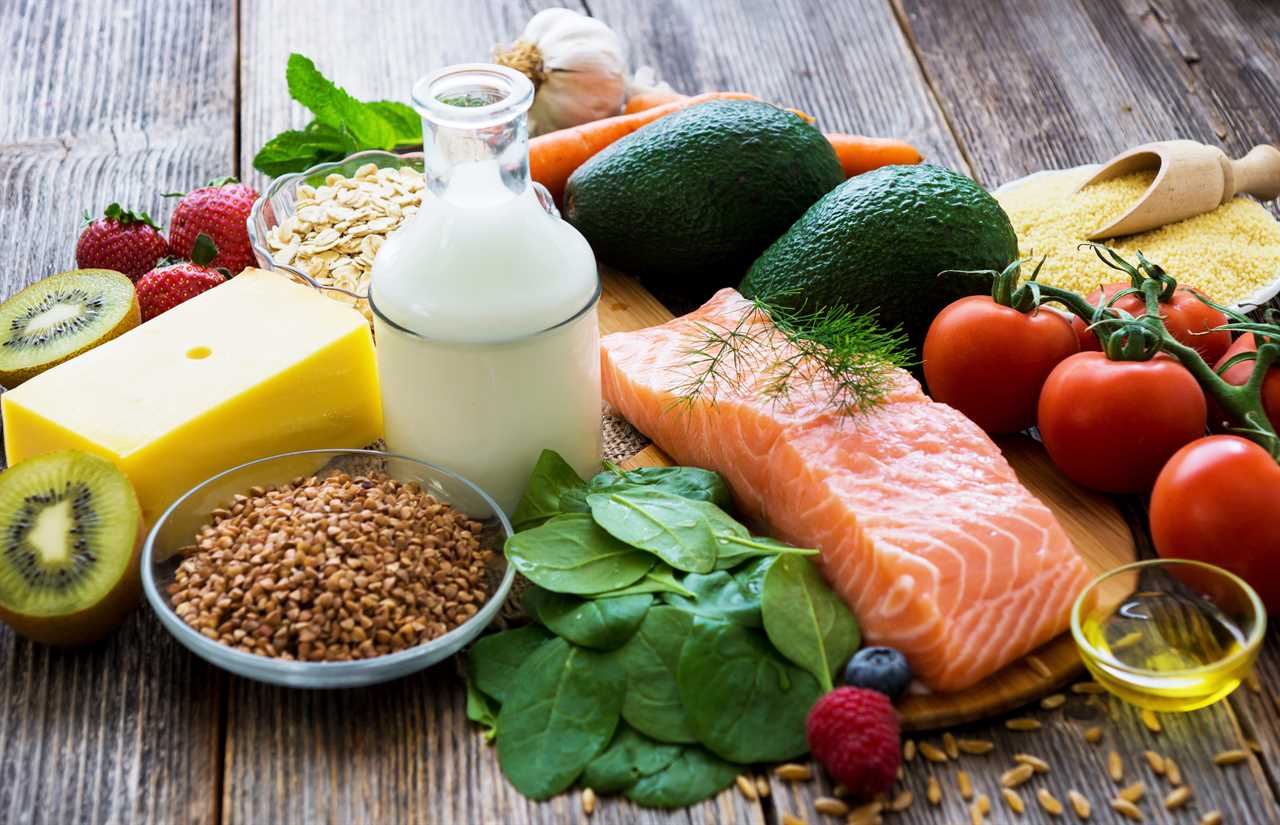 |
Joseph Wang LIVE (Bank Bailouts and Moral Hazards Deep Dive)buy my stuff Come to rebel capitalist live at https://rebelcapitalistlive.com Check out my private, online investment community (Rebel Capitalist Pro) |
 |
Organic Farming and Soil HealthOrganic farming practices promote soil health through crop rotations, symbiotic associations, cover crops and minimum tillage. These management.. |
 |
Research Reveals How Your Body Reacts When You Eat Only Organic FoodsThere is a growing belief that organic foods are healthier for us than non-organic foods. This ever-increasing belief is responsible for significant growth in |
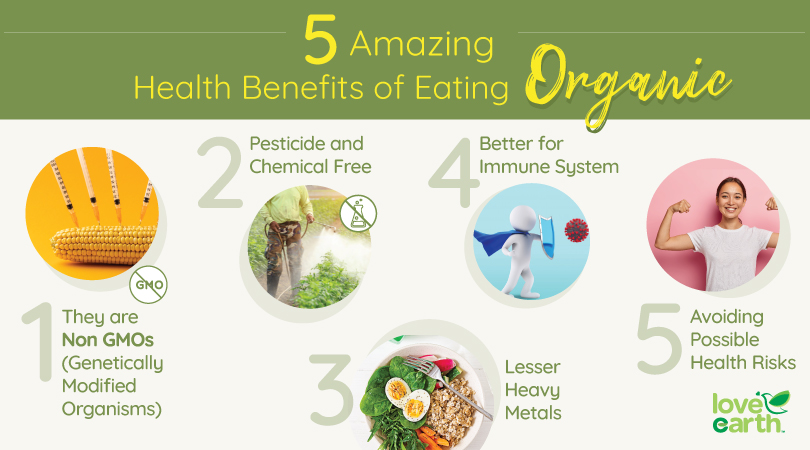 |
Stop Wasting Money on These ORGANIC Veggies (you don’t need to buy them organic)Click Here to Subscribe: http://Bit.ly/ThomasVid Get MY Recommendation on Groceries Delivered to Your Doorstep with Thrive Market: http: […] |
 |
If You Eat an Avocado a Day For a Month, Here''s What Will Happen to YouWhat Will Happen to Your Body If You Eat Avocado Every Day. The avocado is a unique fruit with multiple nutritional and health benefits. How would your body |
 |
Korean GardeningKorean gardening is one of the oldest ways to grow plants. It involves planting herbs, fruits, and vegetables that are used in kimchi, a type of.. |
 |
The Rodale InstituteThe Rodale Institute is a nonprofit organization that aims to support research into organic farming. It was founded in 1947 by J. I. Rodale, an.. |
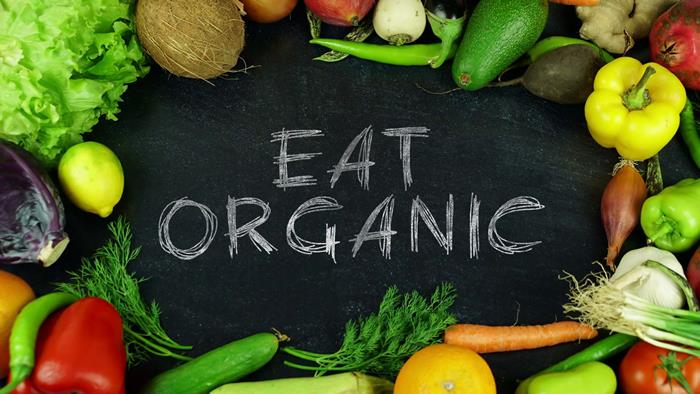 |
Organic eatingOrganic Cultur |
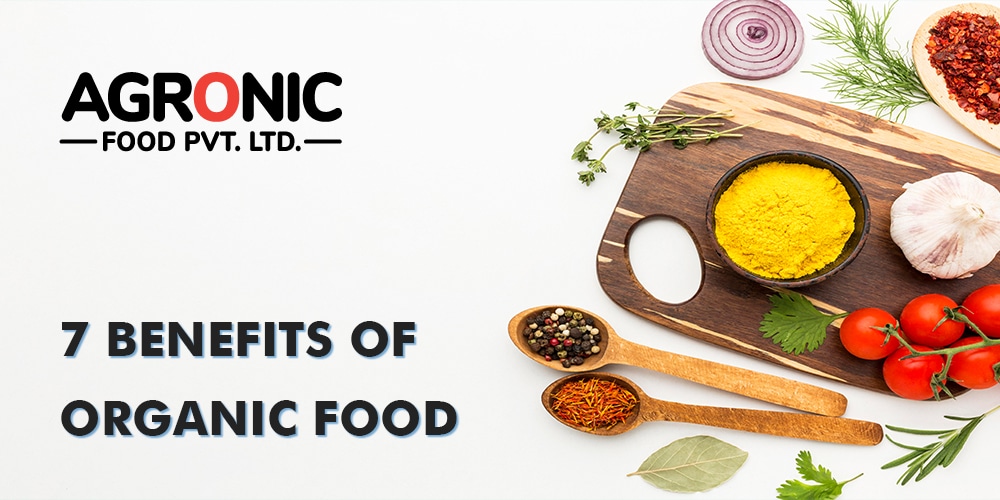 |
What is a Conventional Farm?Conventional farm is the term used to describe a farm that is not organic. It is a form of agriculture that is associated with better soil quality,.. |
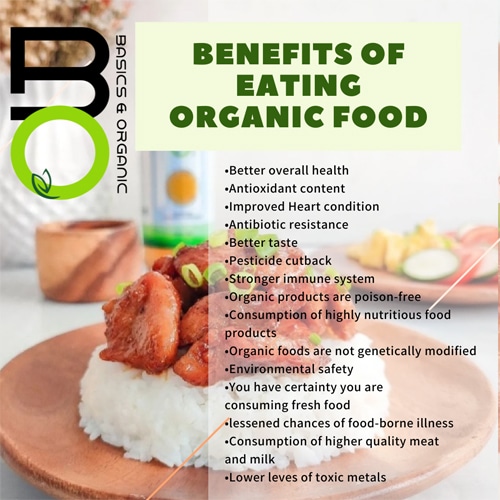 |
Chhattisgarh's Organic Farming SchoolsThe government of Chhattisgarh has started to introduce organic farming schools. This initiative is intended to provide the young generation with the |
 |
Can Organic Be GMO?The question Can organic be GMO is an ongoing debate among many consumers. While it's possible to eat foods that have been produced using genetic.. |
 |
When Did Organic Food Start?The answer to the question when did organic food start? will vary depending on the time period in which you are looking at. For instance, it may be a |
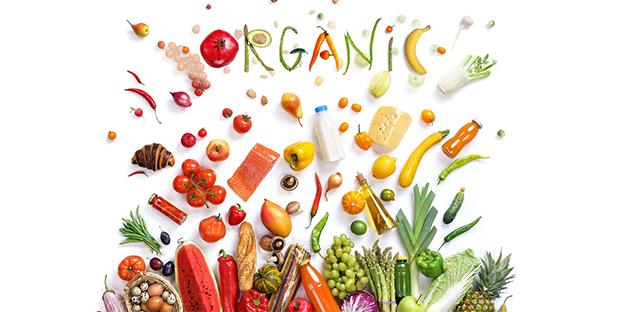 |
Organic Farming PrinciplesOrganic farming is a practice that is designed to be sustainable and healthy. Its principles include avoiding harms produced by industrial farming.. |
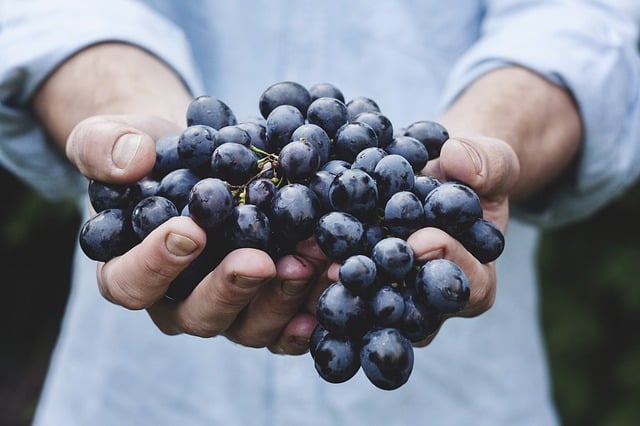 |
Soil Composition and BiodiversityThe soil that we have around us is a vital part of our lives. It is the home for many plants and animals. It also has a texture, a color, and many.. |
 |
The Benefits and Pitfalls of Organic Farming OrganizationsOrganic farming is an approach to farming that is not only ecologically sound, but also financially feasible. It is a method that is free from.. |
 |
Exotic VegetablesWhen it comes to vegetables, there are plenty of choices to choose from. Some of the most popular choices include broccoli, corn, carrots, and.. |
 |
Learn How to Become an Organic Farmer Through a Training ProgramIf you are looking to become an organic farmer, there are several ways you can do so. One option is to take a training program that will teach you.. |
 |
Benefits of Cover CropsIf you aren't familiar with cover crops, you may be surprised to learn that they are plants that are planted to grow on top of the soil to help.. |
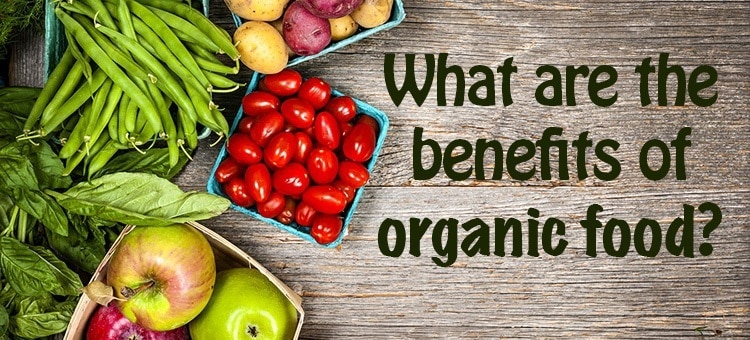 |
What is Organic Cotton?Organic cotton is the type of cotton that is grown without using pesticides or chemicals. It is also the type of cotton that is grown in subtropical.. |
 |
Is Organic Farming Beneficial to Biodiversity?Organic farming is a growing interest in the scientific community, and researchers have been investigating whether the practice is beneficial to.. |
 |
The Benefits of CompostingComposting your waste can be a very effective way of ensuring that your organic material is being broken down to the best of its ability. When.. |
 |
The Difference Between Organic Milk and Regular MilkOrganic milk is a type of milk that comes from livestock that is raised according to organic farming methods. This is a term that is regulated by.. |
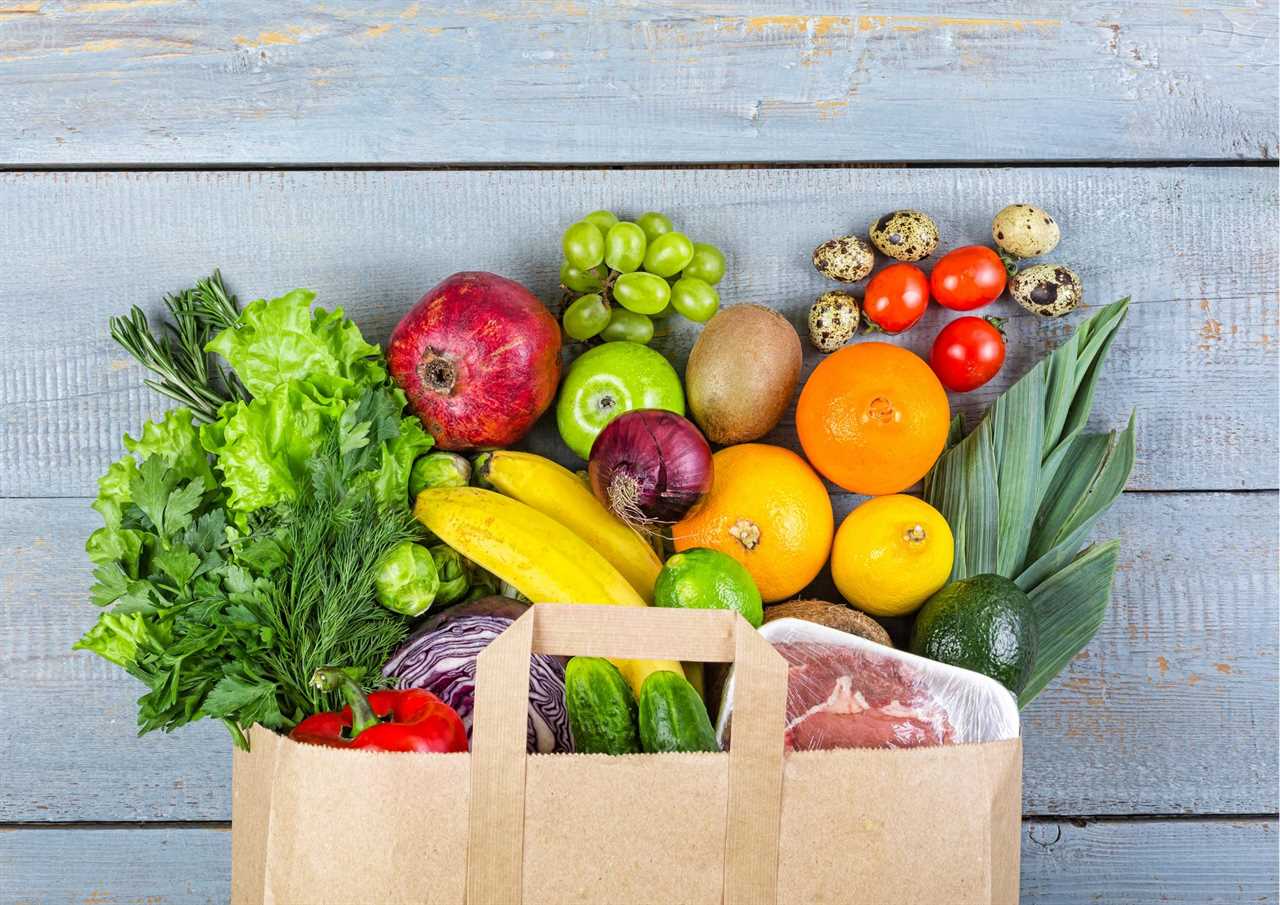 |
Organic Farming MagazineOrganic farming magazine is a resource that provides you with the latest information on organic agriculture, health, and sustainability. It also.. |
 |
The Latest Research on Organic | The Organic CenterResearched articles about eating Organic food |
.png)





